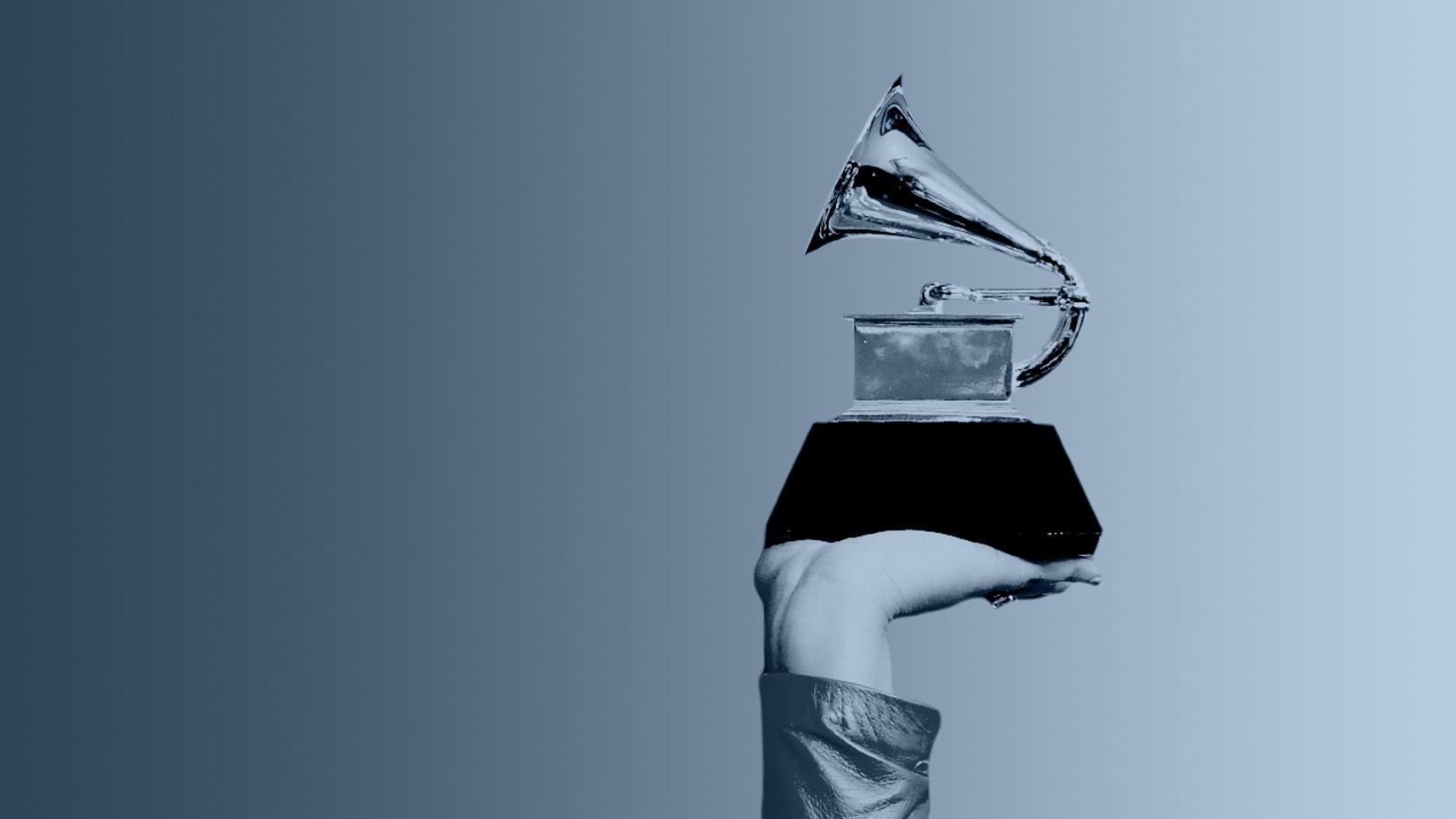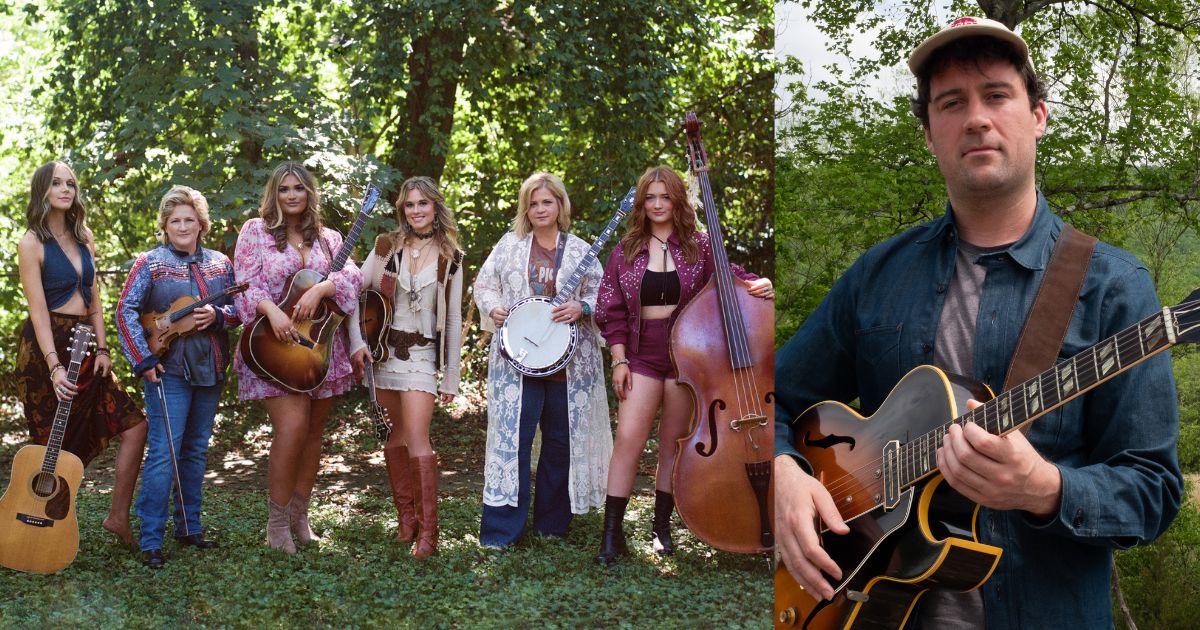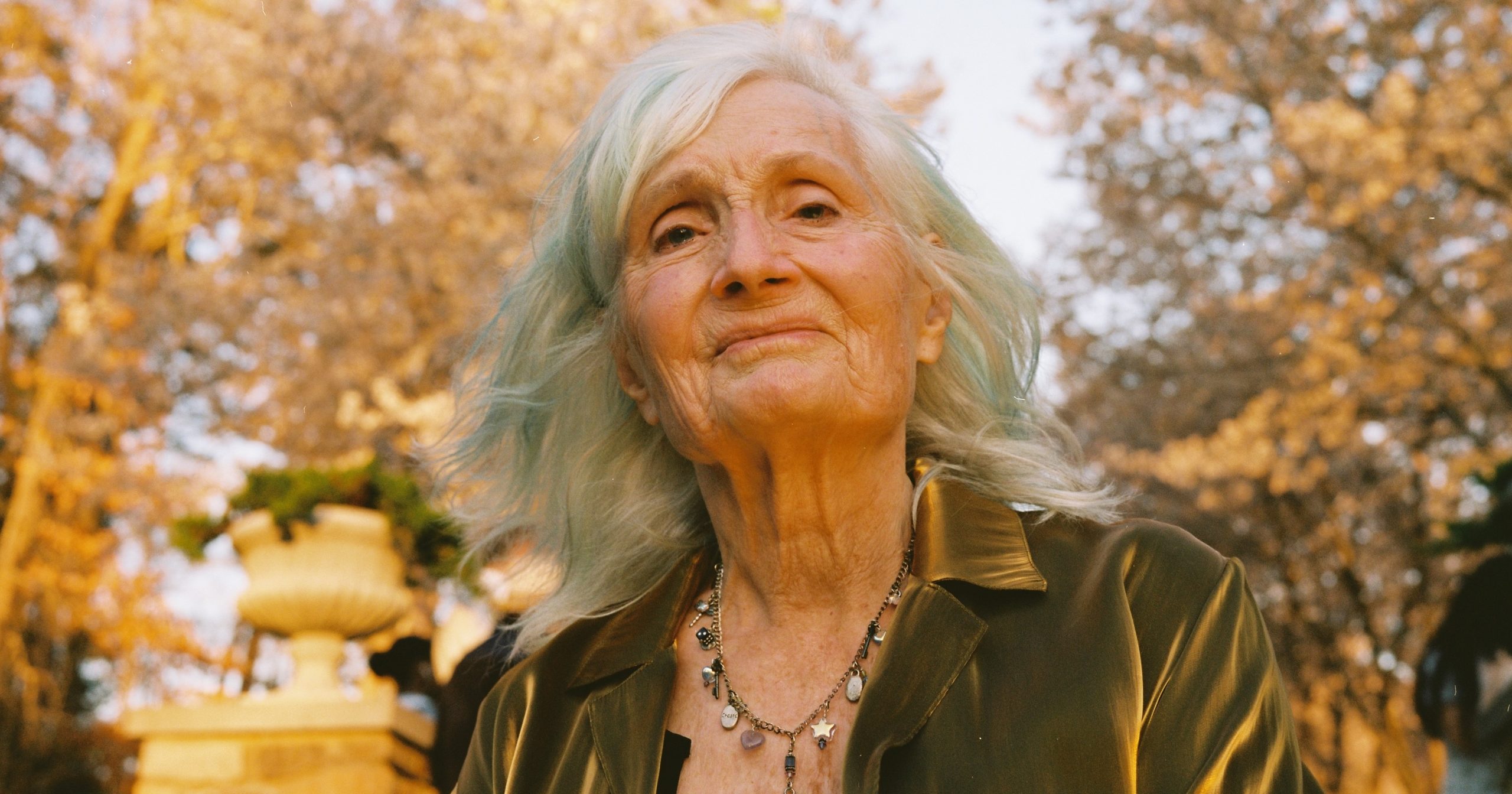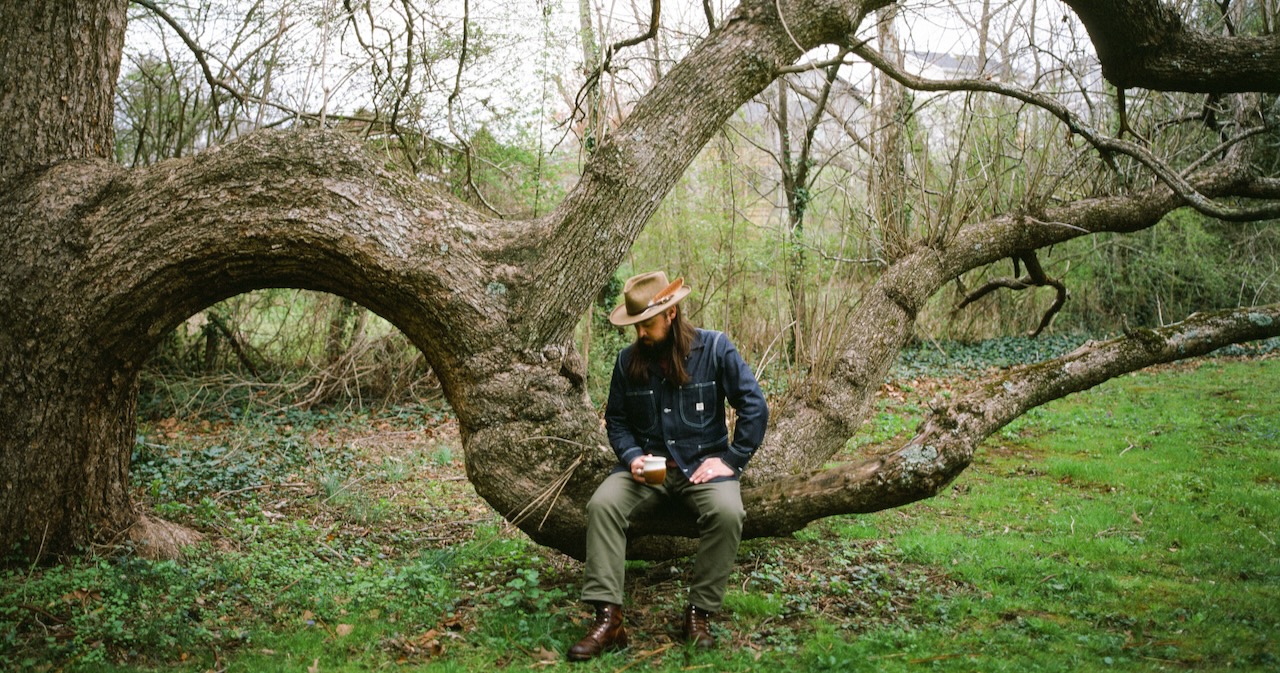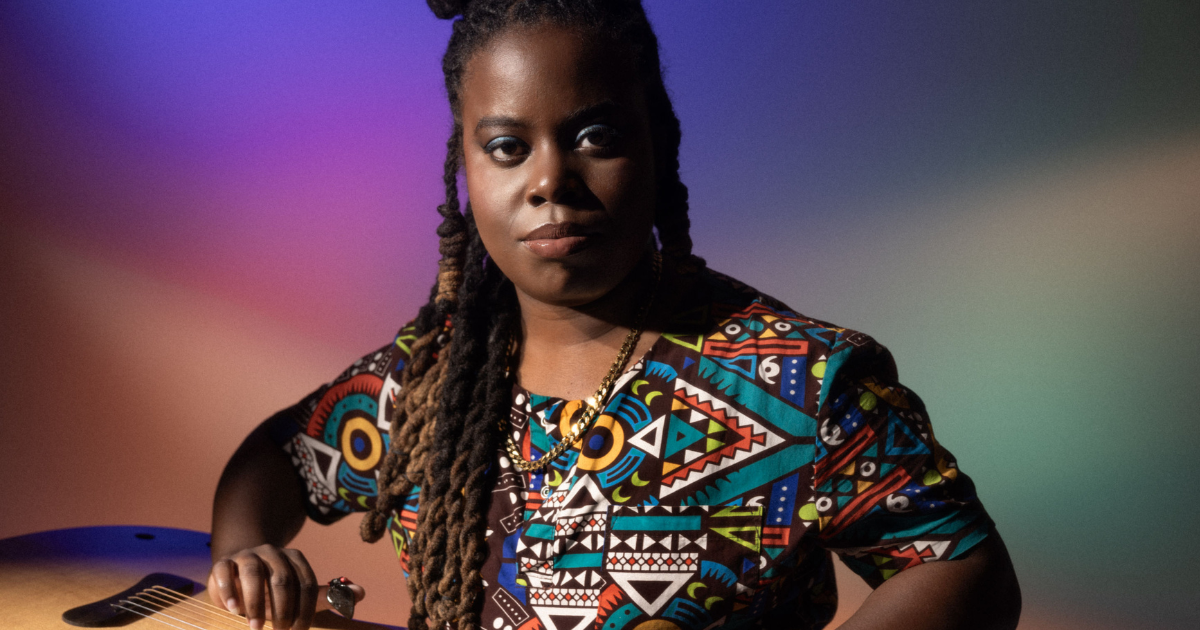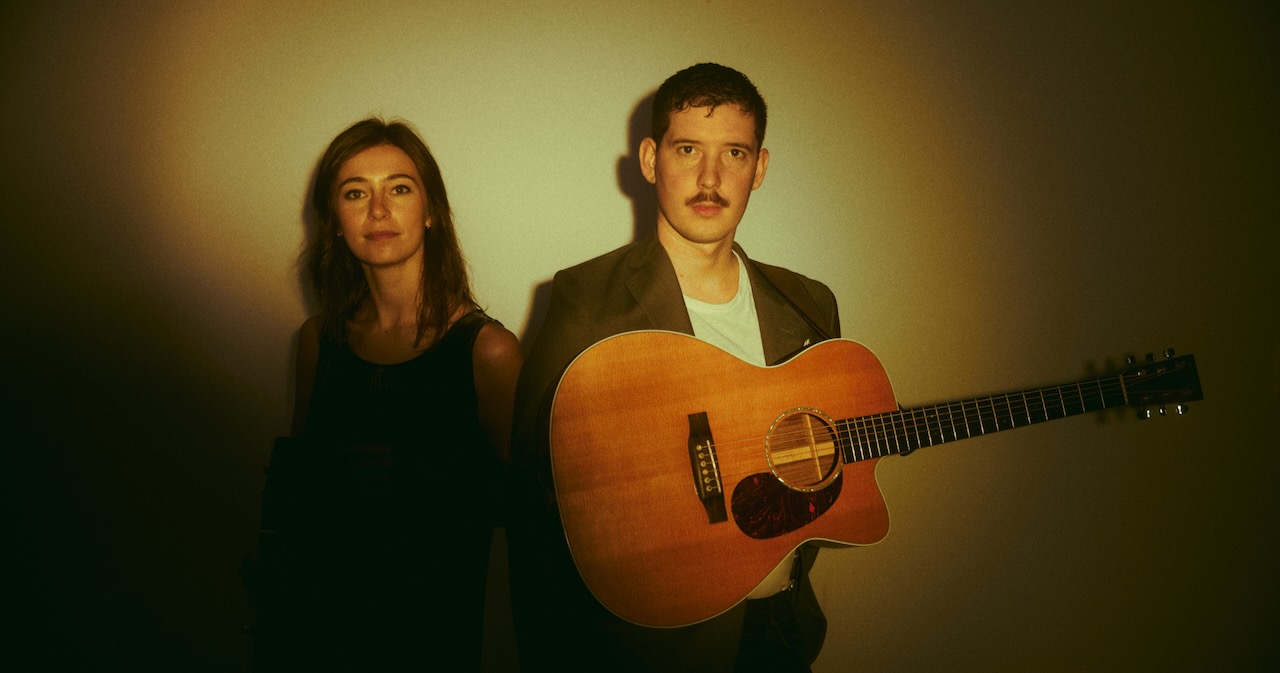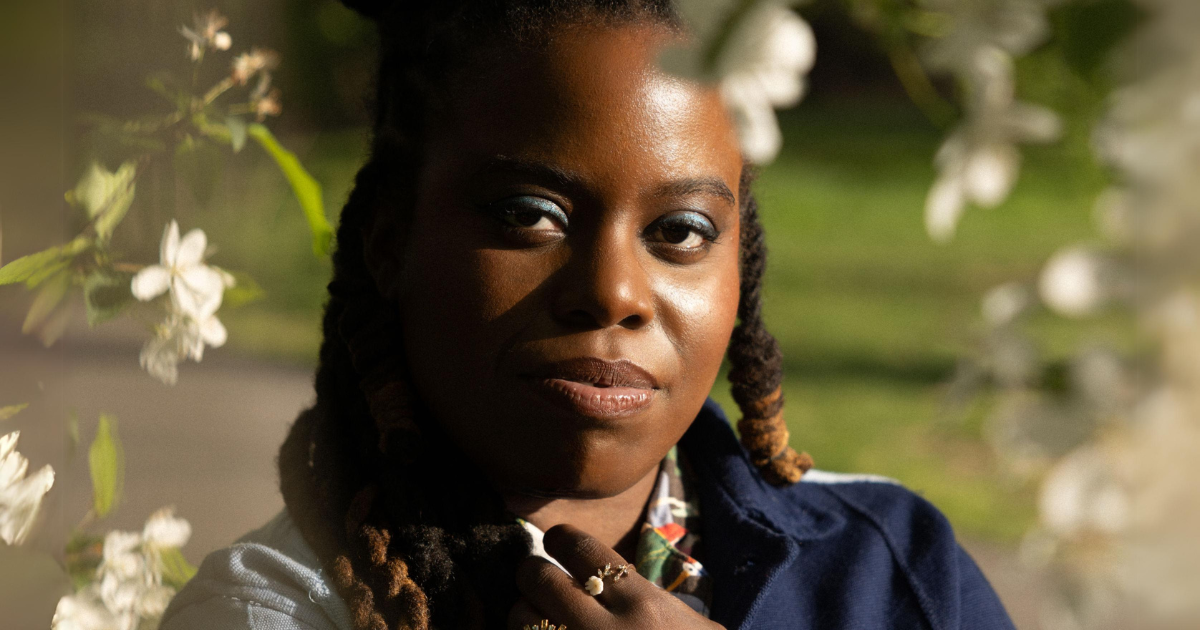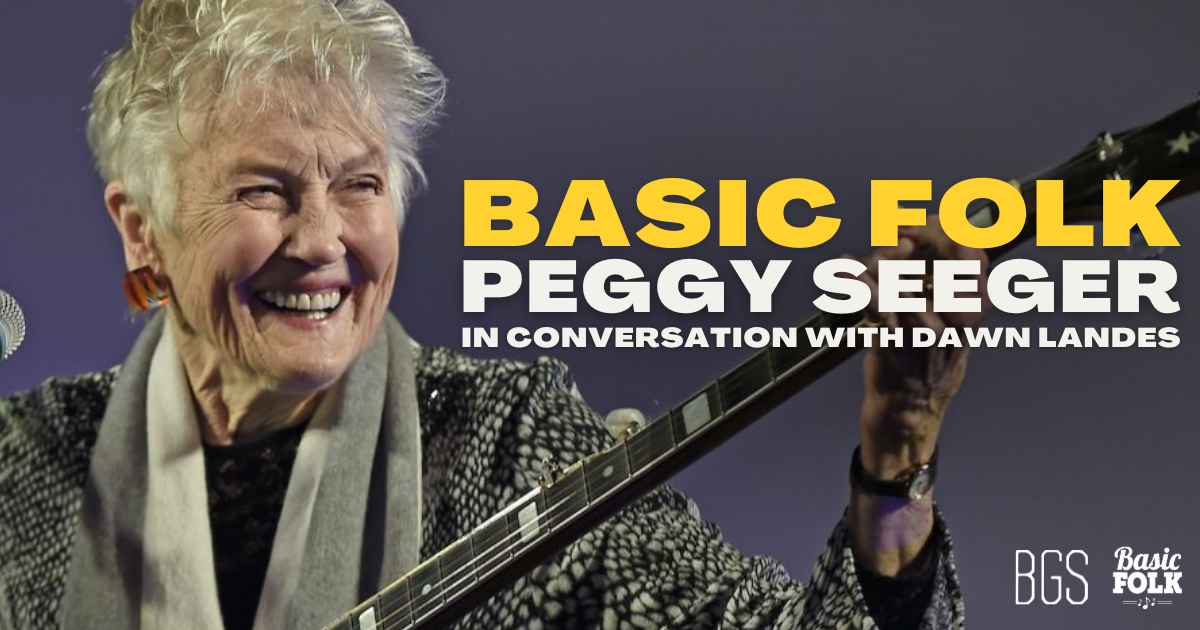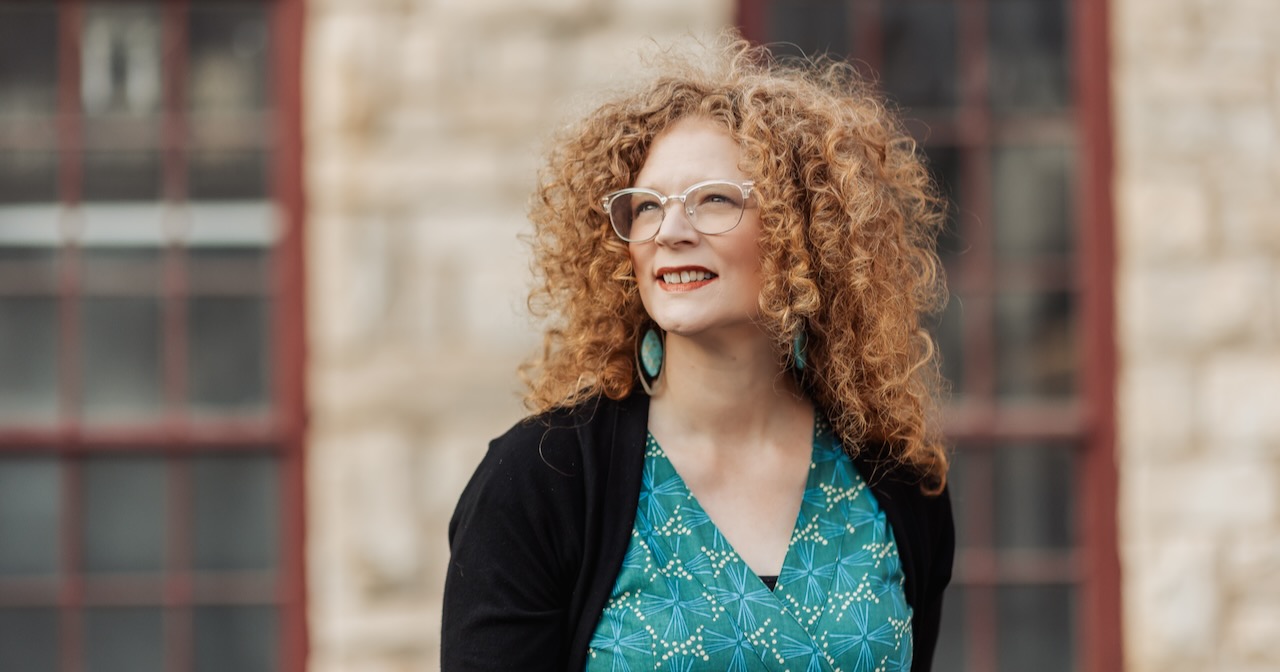This morning, Friday, November 8, the Recording Academy announced the nominees for the 67th GRAMMY Awards, to be held in Los Angeles on February 2 at the Crypto.com Arena. Roots musicians can be found at all levels and across all fields of the buzzworthy awards, which are voted on by the vast Recording Academy membership of music makers, artists, and creatives.
Notably, Beyoncé, her groundbreaking country fusion album COWBOY CARTER, and its tracks can be found throughout the general field and American Roots categories, including landing nominations for Best Country Album, Best Country Song, Best Americana Performance, Album of the Year, Record of the Year, and more. Banjoist and composer Béla Fleck collected more than a handful of nominations for his work with Chick Corea – released posthumously – and Rhapsody in Blue, as well.
The Best Bluegrass Album category this year includes releases from Bronwyn Keith-Hynes, the Del McCoury Band, Sister Sadie, Billy Strings, Tony Trischka, and Dan Tyminski, making for an incredibly stout and superlative lineup.
From Kacey Musgraves to Shemekia Copeland, Aoife O’Donovan to Lake Street Dive, below we’ve collected all of the nominees in the Country & American Roots Music fields, plus we feature select categories from across the many fields, genres, and communities that also include roots musicians and our BGS friends and neighbors. Check out the list and mark your calendars for the 67th GRAMMY Awards, Sunday, February 2, 2025.
Best Country Solo Performance
“16 CARRIAGES” – Beyoncé
“I Am Not Okay” – Jelly Roll
“The Architect” – Kacey Musgraves
“A Bar Song (Tipsy)” – Shaboozey
“It Takes A Woman” – Chris Stapleton
Best Country Duo/Group Performance
“Cowboys Cry Too” – Kelsea Ballerini with Noah Kahan
“II MOST WANTED” – Beyoncé featuring Miley Cyrus
“Break Mine” – Brothers Osborne
“Bigger Houses” – Dan + Shay
“I Had Some Help” – Post Malone featuring Morgan Wallen
Best Country Song
“The Architect” – Shane McAnally, Kacey Musgraves & Josh Osborne, songwriters (Kacey Musgraves)
“A Bar Song (Tipsy)” – Sean Cook, Jerrel Jones, Joe Kent, Chibueze Collins Obinna, Nevin Sastry & Mark Williams, songwriters (Shaboozey)
“I Am Not Okay” – Casey Brown, Jason DeFord, Ashley Gorley & Taylor Phillips, songwriters (Jelly Roll)
“I Had Some Help” – Louis Bell, Ashley Gorley, Hoskins, Austin Post, Ernest Smith, Ryan Vojtesak, Morgan Wallen & Chandler Paul Walters, songwriters (Post Malone Featuring Morgan Wallen)
“TEXAS HOLD ‘EM”– Brian Bates, Beyoncé, Elizabeth Lowell Boland, Megan Bülow, Nate Ferraro & Raphael Saadiq, songwriters (Beyoncé)
Best Country Album
COWBOY CARTER – Beyoncé
F-1 Trillion – Post Malone
Deeper Well – Kacey Musgraves
Higher – Chris Stapleton
Whirlwind – Lainey Wilson
Best American Roots Performance
“Blame It On Eve” – Shemekia Copeland
“Nothing In Rambling” – The Fabulous Thunderbirds featuring Bonnie Raitt, Keb’ Mo’, Taj Mahal, & Mick Fleetwood
“Lighthouse” – Sierra Ferrell
“The Ballad Of Sally Anne” – Rhiannon Giddens
Best Americana Performance
“YA YA” – Beyoncé
“Subtitles” – Madison Cunningham
“Don’t Do Me Good” – Madi Diaz featuring Kacey Musgraves
“American Dreaming” – Sierra Ferrell
“Runaway Train” – Sarah Jarosz
“Empty Trainload Of Sky” – Gillian Welch & David Rawlings
Best American Roots Song
“Ahead Of The Game” – Mark Knopfler, songwriter (Mark Knopfler)
“All In Good Time” – Sam Beam, songwriter (Iron & Wine featuring Fiona Apple)
“All My Friends” – Aoife O’Donovan, songwriter (Aoife O’Donovan)
“American Dreaming” – Sierra Ferrell & Melody Walker, songwriters (Sierra Ferrell)
“Blame It On Eve” – John Hahn & Will Kimbrough, songwriters (Shemekia Copeland)
Best Americana Album
The Other Side – T Bone Burnett
$10 Cowboy – Charley Crockett
Trail Of Flowers – Sierra Ferrell
Polaroid Lovers – Sarah Jarosz
No One Gets Out Alive – Maggie Rose
Tigers Blood – Waxahatchee
Best Bluegrass Album
I Built A World – Bronwyn Keith-Hynes
Songs Of Love And Life – The Del McCoury Band
No Fear – Sister Sadie
Live Vol. 1 – Billy Strings
Earl Jam – Tony Trischka
Dan Tyminski: Live From The Ryman – Dan Tyminski
Best Traditional Blues Album
Hill Country Love – Cedric Burnside
Struck Down – The Fabulous Thunderbirds
One Guitar Woman – Sue Foley
Sam’s Place – Little Feat
Swingin’ Live At The Church In Tulsa – The Taj Mahal Sextet
Best Contemporary Blues Album
Blues Deluxe Vol. 2 – Joe Bonamassa
Blame It On Eve – Shemekia Copeland
Friendlytown – Steve Cropper & The Midnight Hour
Mileage – Ruthie Foster
The Fury – Antonio Vergara
Best Folk Album
American Patchwork Quartet – American Patchwork Quartet
Weird Faith – Madi Diaz
Bright Future – Adrianne Lenker
All My Friends – Aoife O’Donovan
Woodland – Gillian Welch & David Rawlings
Best Regional Roots Music Album
25 Back To My Roots – Sean Ardoin And Kreole Rock And Soul
Live At The 2024 New Orleans Jazz & Heritage Festival – Big Chief Monk Boudreaux & The Golden Eagles featuring J’Wan Boudreaux
Live At The 2024 New Orleans Jazz & Heritage Festival – New Breed Brass Band featuring Trombone Shorty
Kuini – Kalani Pe’a
Stories From The Battlefield – The Rumble Featuring Chief Joseph Boudreaux Jr.
Best Roots Gospel Album
The Gospel Sessions, Vol 2 – Authentic Unlimited
The Gospel According To Mark – Mark D. Conklin
Rhapsody – The Harlem Gospel Travelers
Church – Cory Henry
Loving You – The Nelons
Best Jazz Performance
“Walk With Me, Lord (SOUND | SPIRIT)” – The Baylor Project
“Phoenix Reimagined (Live)” – Lakecia Benjamin featuring Randy Brecker, Jeff “Tain” Watts & John Scofield
“Juno” – Chick Corea & Béla Fleck
“Twinkle Twinkle Little Me” – Samara Joy featuring Sullivan Fortner
“Little Fears” – Dan Pugach Big Band featuring Nicole Zuraitis & Troy Roberts
Best Jazz Instrumental Album
Owl Song – Ambrose Akinmusire featuring Bill Frisell & Herlin Riley
Beyond This Place – Kenny Barron featuring Kiyoshi Kitagawa, Johnathan Blake, Immanuel Wilkins & Steve Nelson
Phoenix Reimagined (Live) – Lakecia Benjamin
Remembrance – Chick Corea & Béla Fleck
Solo Game – Sullivan Fortner
Best Traditional Pop Vocal Album
À Fleur De Peau – Cyrille Aimée
Visions – Norah Jones
Good Together – Lake Street Dive
Impossible Dream – Aaron Lazar
Christmas Wish – Gregory Porter
Best Contemporary Instrumental Album
Plot Armor – Taylor Eigsti
Rhapsody In Blue – Béla Fleck
Orchestras (Live) – Bill Frisell featuring Alexander Hanson, Brussels Philharmonic, Rudy Royston & Thomas Morgan
Mark – Mark Guiliana
Speak To Me – Julian Lage
Best Instrumental Composition
“At Last” – Shelton G. Berg, composer (Shelly Berg)
“Communion” – Christopher Zuar, composer (Christopher Zuar Orchestra)
“I Swear, I Really Wanted To Make A “Rap” Album But
This Is Literally The Way The Wind Blew Me This Time” – André 3000, Surya Botofasina, Nate Mercereau & Carlos Niño, composers (André 3000)
“Remembrance” – Chick Corea, composer (Chick Corea & Béla Fleck)
“Strands” – Pascal Le Boeuf, composer (Akropolis Reed Quintet, Pascal Le Boeuf & Christian Euman)
Best Arrangement, Instrumental or A Cappella
“Baby Elephant Walk” – Encore, Michael League, arranger (Snarky Puppy)
“Bridge Over Troubled Water” – Jacob Collier, Tori Kelly & John Legend, arrangers (Jacob Collier Featuring John Legend & Tori Kelly)
“Rhapsody In Blue(Grass)” – Béla Fleck & Ferde Grofé, arrangers (Béla Fleck featuring Michael Cleveland, Sierra Hull, Justin Moses, Mark Schatz & Bryan Sutton)
“Rose Without The Thorns” – Erin Bentlage, Alexander Lloyd Blake, Scott Hoying, A.J. Sealy & Amanda Taylor, arrangers (Scott Hoying featuring säje & Tonality)
“Silent Night” – Erin Bentlage, Sara Gazarek, Johnaye Kendrick & Amanda Taylor, arrangers (säje)
General Field:
Record Of The Year
“Now And Then” – The Beatles
“TEXAS HOLD ‘EM” – Beyoncé
“Espresso” – Sabrina Carpenter
“360” – Charli XCX
“BIRDS OF A FEATHER” – Billie Eilish
“Not Like Us” – Kendrick Lamar
“Good Luck, Babe!” – Chappell Roan
“Fortnight” – Taylor Swift featuring Post Malone
Album Of The Year
New Blue Sun – André 3000
COWBOY CARTER – Beyoncé
Short n’ Sweet – Sabrina Carpenter
BRAT – Charli XCX
Djesse Vol. 4 – Jacob Collier
HIT ME HARD AND SOFT – Billie Eilish
Chappell Roan The Rise And Fall Of A Midwest Princess – Chappell Roan
THE TORTURED POETS DEPARTMENT – Taylor Swift
Song Of The Year
“A Bar Song (Tipsy)” – Sean Cook, Jerrel Jones, Joe Kent, Chibueze Collins Obinna, Nevin Sastry & Mark Williams, songwriters (Shaboozey)
“BIRDS OF A FEATHER” – Billie Eilish O’Connell & FINNEAS, songwriters (Billie Eilish)
“Die With A Smile” – Dernst Emile II, James Fauntleroy, Lady Gaga, Bruno Mars & Andrew Watt, songwriters (Lady Gaga & Bruno Mars)
“Fortnight” – Jack Antonoff, Austin Post & Taylor Swift, songwriters (Taylor Swift Featuring Post Malone)
“Good Luck, Babe!” – Kayleigh Rose Amstutz, Daniel Nigro & Justin Tranter, songwriters (Chappell Roan)
“Not Like Us” – Kendrick Lamar, songwriter (Kendrick Lamar)
“Please Please Please” – Amy Allen, Jack Antonoff & Sabrina Carpenter, songwriters (Sabrina Carpenter)
“TEXAS HOLD ‘EM” – Brian Bates, Beyoncé, Elizabeth Lowell Boland, Megan Bülow, Nate Ferraro & Raphael Saadiq, songwriters (Beyoncé)
Best New Artist
Benson Boone
Sabrina Carpenter
Doechii
Khruangbin
RAYE
Chappell Roan
Shaboozey
Teddy Swims
Graphic courtesy of the Recording Academy.
